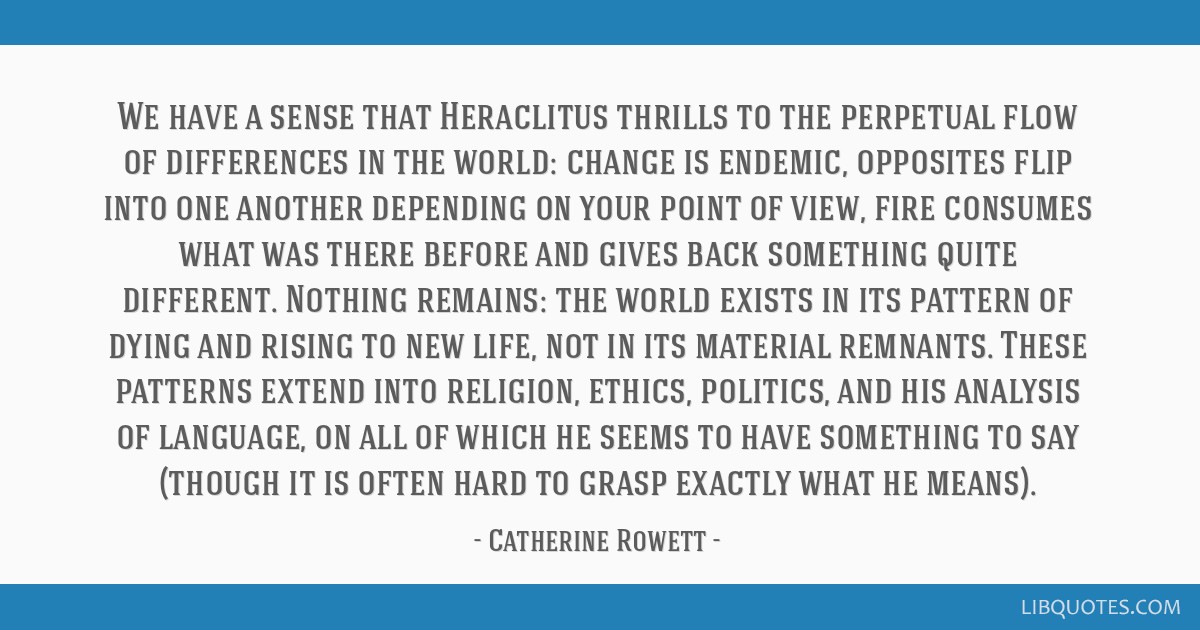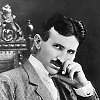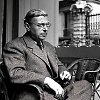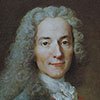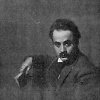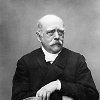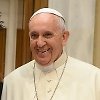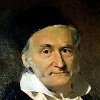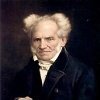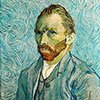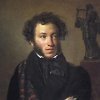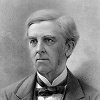We have a sense that Heraclitus thrills to the perpetual flow of differences in the world: change is endemic, opposites flip into one another depending on your point of view, fire consumes what was there before and gives back something quite different. Nothing remains: the world exists in its pattern of dying and rising to new life, not in its material remnants. These patterns extend into religion, ethics, politics, and his analysis of language, on all of which he seems to have something to say (though it is often hard to grasp exactly what he means).
Presocratic Philosophy: A Very Short Introduction (2004) - Ch. 5 : Heraclitus
